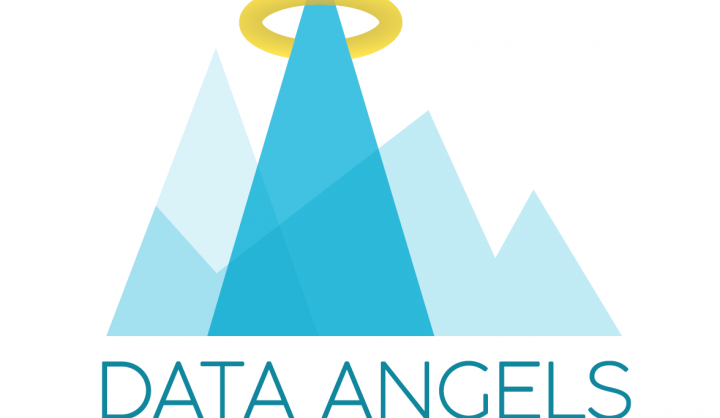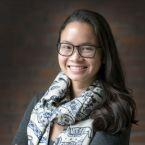- May 23, 2019
- Civic Analytics Network
The city of Los Angeles is hoping to start a revolution—a data science revolution. Or at least, create enough ripples within the community to bring about a more civic-minded and collaborative view of data science and city infrastructure.
Leading a small team consisting of two others, a data scientist and a community coordinator, on the Mayor’s Data Team, Chief Data Officer Sari Ladin-Sienne saw an increase in demand by city departments for data analytics project but a lack of internal manpower to address the work—thus the Data Angels program was born.
Data Angel is the term for the participants of the program—local industry data scientists who volunteer their skills and four to six hours per week to work on a handful of city projects requiring data analysis and research.
“The Data Angels program is a way for us to marry the excitement and the community of professionals that want to become more civically engaged and have strong data science backgrounds or work as data scientists professionally, and also the bubbling interest in more analytics projects within the city,” said Ladin-Sienne.
Launched in the fall of 2018 and now in its second iteration, the program takes place over the course of ten to twelve weeks on projects that utilize both city and open data to address challenges in Los Angeles with the goal of creating effective community solutions. In the process, Data Angels learn more about their city’s priorities and leave the experience with a better understanding of how their city government works.
“I was looking around for a way to apply my background in data analysis and data science to some sort of social good. I eventually came across this program and what I really liked about it was A) the local impact and B) the time commitment was manageable for my schedule,” said Jai Bansal, a data scientist at Redbull who chose this program over other volunteer opportunities because of the potential to help his own city.
The first cohort, which mixed graduate students from the University of Southern California and University of California, Los Angeles, and local data scientists from tech companies like Haystack and Motorola, addressed the needs of the Mayor’s Office on the Future of Work. “We had groups working on the profile of an out-migrator—someone who leaves Los Angeles. We worked on commuting as a proxy for livability in the city, and we also did a more in-depth analysis of the construction industry and what the skills gap looks like within, specifically, construction management jobs,” said Ladin-Sienne.
When thinking about which industries to focus the Future of Work project on, the Mayor’s Data Team found that construction would be an emerging market and outpace other industries in the next five to ten years due to new construction projects in transit, new construction for housing, and preparation for the 2028 Olympics in Los Angeles.
The Data Angels focused on analyzing the supply and demand in the construction industry within Los Angeles. That work included a twofold online scraping process of pulling in text from local online job portals for construction industry openings as well as text from community college catalogue descriptions for classes in construction. The Data Angels then performed natural language processing to extract the hard and soft skills from the texts and compared the two sets of data to see the overlap and where the needs were, explained Harsha Mallajosyula, the city data scientist who manages the Data Angels program. The results of this project are now being used in a new program that the Mayor’s Data Team is designing to establish a pathway for more meaningful employment and a straightforward pipeline to construction management.
It’s important to Ladin-Sienne and her team that the Data Angels projects have longevity that goes beyond the ten to twelve week span and have an effective influence on city policy. This means working more collaboratively with city departments.
“We understand that Data Angels are volunteering their time and we’re asking for no more than four to six hours of their commitment every week,” said Mallajosyula of the short program. “So when we look for the scope of a project—we want a project that has high visibility, that has real impact with a department. We also don’t just want these projects to die once a Data Angels cohort wraps up the analyses, so we want to hand them over to a department staff.” The Mayor’s Data Team talks to departments to figure out how they are going to take the analyses produced and utilize them within departments and what those capabilities look like. That all goes into the Data Team’s decision making when they select a project, explained Mallajosyula.
The spring 2019 cohort is just now beginning work on projects with three city departments that applied to be included in the second Data Angels iteration: the Ethics Commission and the Los Angeles Fire Department. Each of these projects is more “embedded with service delivery”—whether it be helping the Ethics Commission make their open data more usable to the public or improving an analytical tool to more effectively dispatch EMT and EMS resources across the city, explained Ladin-Sienne.
The hope is that the Data Angels program begins to develop in the next five years as enthusiasm grows both within city departments recognizing the importance of analytics projects and from local industries that hire data scientists.
“Our goal in the long run is that we rethink what volunteerism looks like in the data science community and start to align it more with what the legal world has created for pro bono support,” said Ladin-Sienne. “I’d really love to see a formal program in these big companies to be able to offer their data scientists an opportunity to come and dip their toes into public problems, either working with local municipalities or with nonprofits”





